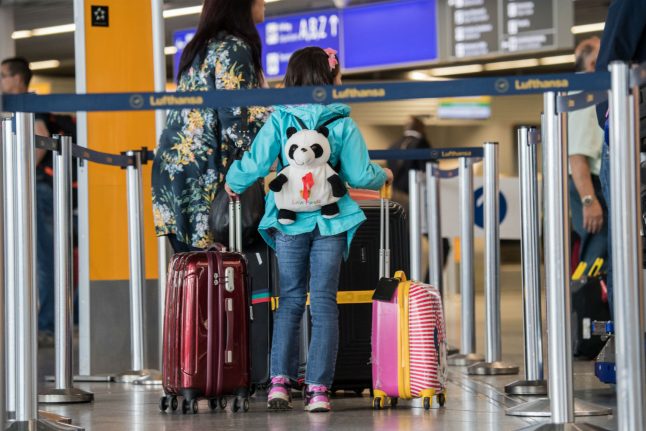On Wednesday, Germany declared another neighbouring country a coronavirus risk area. And that is by no means all. In fact the number of potential holiday destinations abroad are dwindling. Even the end of the blanket travel warning for 160 countries, slated to be repealed on Thursday, will not change this.
Now the whole of Belgium, Iceland and individual regions in nine other European countries have been classed as risk regions due to rising infection figures.
On Wednesday evening, Germany's Robert Koch Institute (RKI) for disease control updated its risk list. It now includes:
– Wales and Northern Ireland
– In France, the regions of Pays de la Loire and Burgundy (Bourgogne-Franche-Comté) have been added. This means that in Germany's largest neighbouring country, only the border region of Grand Est is now not classified as a risk area.
– In Belgium, the capital Brussels was recently listed as a risk area. But now the whole country is classed as a risk zone. That means it particularly affects German border regions in North Rhine-Westphalia and Rhineland-Palatinate.
– For the first time, the German government included areas in the two Baltic states of Lithuania (Šiaulių) and Estonia (Idu-Viru) on the risk list. More regions in Ireland (the border region), Slovenia (Koroska), Hungary (Csongrád, Vas and Pest) and Romania (Alba and Cluj) were also added.
For the new risk areas in Europe, the Federal Foreign Office is warning people in Germany against non-essential travel there.
Meanwhile, the blanket travel warning for more than 160 countries outside the EU and the border-free Schengen area is being lifted from October 1st.
This means that each country in the world is now assessed individually. But anyone who thinks that this will make long-distance travel much easier again is mistaken. For holidaymakers, hardly anything will change – countries with high infection rates will remain 'risk zones' according to German authorities.
A list of the regions considered risk areas across Europe and the world can be found on the RKI website, which is updated regularly.
READ ALSO:
- 'More masks, less parties': Germany limits events and family gatherings to curb coronavirus
- Merkel calls on Germans to avoid travel to coronavirus risk zones
No longer risk regions
But with all the bad news about rising infection rates and new travel warnings, there is also good news: For Fribourg in Switzerland as well as the Croatian holiday destinations Zadar and Sibenik-Knin, the status as high risk areas has been lifted, meaning there is no warning against travelling there.



 Please whitelist us to continue reading.
Please whitelist us to continue reading.
Member comments